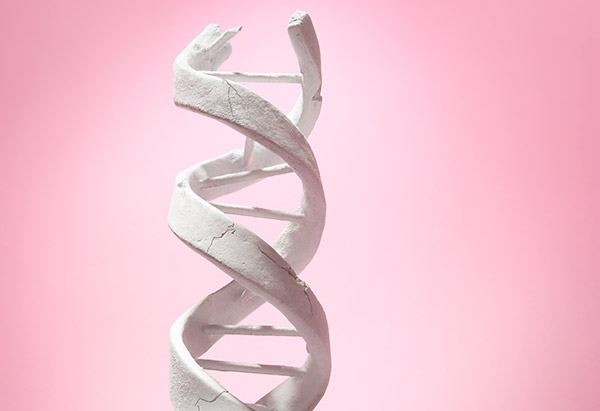3 Things You Must Do Before Getting DNA Tested
In capable hands, genetic testing can be a powerful tool to help prevent or treat illness. Take these steps to make sure you're getting the best medical advice.

Photo: Adam Voorhes
Keep an up-to-date family health history.
At FamilyHistory.HHS.gov you can create an online medical tree. This way you'll have a complete record of any conditions and diseases that run in your family so doctors can look for patterns that may warrant genetic testing. Review your family's information at least once a year and make changes if anyone has recently been diagnosed with a disease.
Find a certified genetic counselor.
Enter your zip code in the National Society of Genetic Counselors' database at NSGC.org to find one near you. You can also search for doctors and nurses qualified to perform genetic testing at Cancer.gov. If you think you're at risk for a disease that appears to be hereditary, a trained clinician can help you decide if testing is the right move.
Get help understanding your risk.
If you're genetically predisposed to a certain disease, it's still a good idea to cross-check what your doctor is telling you. In 2012 the National Institutes of Health launched the Genetic Testing Registry, which may help take some of the confusion out of the process. Enter the disease you're concerned about (say, ovarian cancer) into the site's search field, and you'll get the latest information on the purpose and accuracy of genetic screening tests available. And if you've already tested positive for mutations in the BRCA1 or BRCA2 gene, go to FacingOurRisk.org, a national nonprofit that helps women with the mutations find support.
Read More: Can genetic testing be dangerous?
More Health Advice
At FamilyHistory.HHS.gov you can create an online medical tree. This way you'll have a complete record of any conditions and diseases that run in your family so doctors can look for patterns that may warrant genetic testing. Review your family's information at least once a year and make changes if anyone has recently been diagnosed with a disease.
Find a certified genetic counselor.
Enter your zip code in the National Society of Genetic Counselors' database at NSGC.org to find one near you. You can also search for doctors and nurses qualified to perform genetic testing at Cancer.gov. If you think you're at risk for a disease that appears to be hereditary, a trained clinician can help you decide if testing is the right move.
Get help understanding your risk.
If you're genetically predisposed to a certain disease, it's still a good idea to cross-check what your doctor is telling you. In 2012 the National Institutes of Health launched the Genetic Testing Registry, which may help take some of the confusion out of the process. Enter the disease you're concerned about (say, ovarian cancer) into the site's search field, and you'll get the latest information on the purpose and accuracy of genetic screening tests available. And if you've already tested positive for mutations in the BRCA1 or BRCA2 gene, go to FacingOurRisk.org, a national nonprofit that helps women with the mutations find support.
Read More: Can genetic testing be dangerous?
More Health Advice



